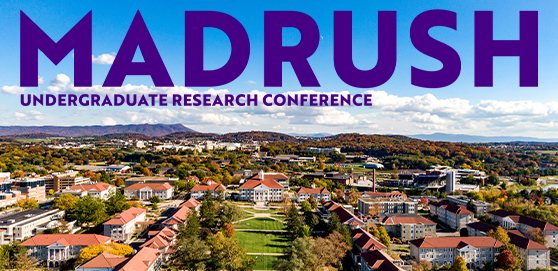Abstract
This paper is written for the purpose of providing an objective analysis of the fragile state that is the Democratic Republic of Congo, in order to critically and holistically analyze the limiting factors of conflict, resource exploitation, and corruption within the context of hindering sustainable development. For the past decade-and-a-half, a multifaceted struggle comprised of numerous armed groups has plagued the region, each vying for control over the nation’s plentiful natural resources. Given the combined presence of the United Nations MONUSCO intervention, Congolese forces, and over one-hundred different militia groups, whose actions each contribute to fragility, a complex power-struggle at the national and local level has emerged. Subsequently, the DRC has been left vulnerable to various human security concerns, a weak national government and institutions, an under-functioning economy, and a complete inability to sustainably develop for the long-term.
Institutional fragility at the national level due to systematic corruption, political patronage, resource exploitation, and prolonged armed conflict has suppressed local actors from actualizing their economic and development potential by creating physical, institutional, infrastructural, and control barriers. As a result, the DRC merely maintains a facade of democracy, sustained by actors whose goals have primarily been to mitigate the current conflict and maintain militaristic control, rather than to implement key peacebuilding initiatives and localized social and economic projects that will develop the country from the bottom-up and carry it into the future as a key player and competitor on the regional and international fields.
Included in
Fragility as an Impediment to Development in the Democratic Republic of Congo
This paper is written for the purpose of providing an objective analysis of the fragile state that is the Democratic Republic of Congo, in order to critically and holistically analyze the limiting factors of conflict, resource exploitation, and corruption within the context of hindering sustainable development. For the past decade-and-a-half, a multifaceted struggle comprised of numerous armed groups has plagued the region, each vying for control over the nation’s plentiful natural resources. Given the combined presence of the United Nations MONUSCO intervention, Congolese forces, and over one-hundred different militia groups, whose actions each contribute to fragility, a complex power-struggle at the national and local level has emerged. Subsequently, the DRC has been left vulnerable to various human security concerns, a weak national government and institutions, an under-functioning economy, and a complete inability to sustainably develop for the long-term.
Institutional fragility at the national level due to systematic corruption, political patronage, resource exploitation, and prolonged armed conflict has suppressed local actors from actualizing their economic and development potential by creating physical, institutional, infrastructural, and control barriers. As a result, the DRC merely maintains a facade of democracy, sustained by actors whose goals have primarily been to mitigate the current conflict and maintain militaristic control, rather than to implement key peacebuilding initiatives and localized social and economic projects that will develop the country from the bottom-up and carry it into the future as a key player and competitor on the regional and international fields.



